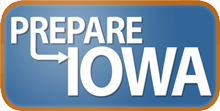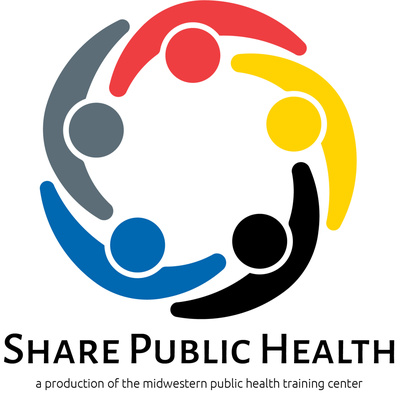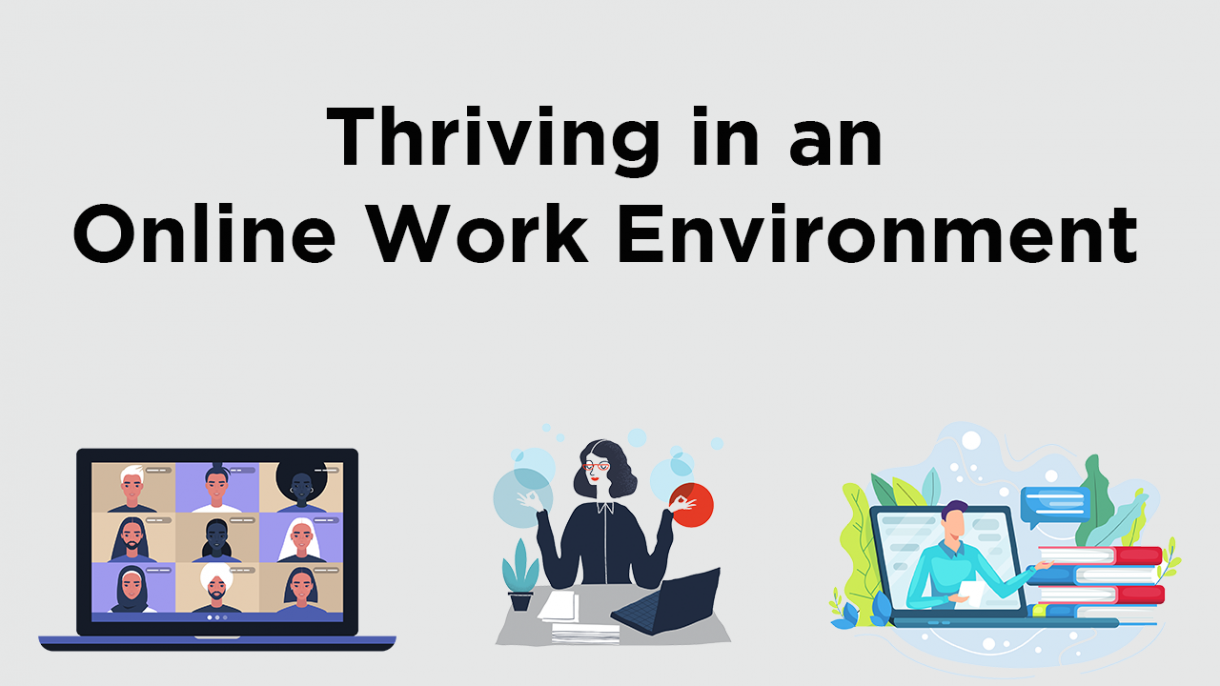Course Description: As a public health professional, you undoubtedly recognize the diverse responsibilities of the field in the 21st century. Public health today is held accountable for everything from measles inoculation of school children to long term care of the elderly; from inspecting restaurants to monitoring toxic waste transportation; from overseeing conditions in public housing to preventing the spread of sexually transmitted diseases (STDs); from conducting urban drug treatment programs to inspecting milk supplies on our dairy farms. It is difficult to imagine our society without public health. However, the public health infrastructure (workforce, information and technology, and relationships between agencies) as it now exists was not always in place. It did not exist until the second half of the 19th century and even now continues to expand in role and scope. This course identifies the origin of public health in America, traces its evolution, and looks at the current condition of public health.
Upon completion of this course, you will be able to:
- List various hazards to public health from the 19th and 20th centuries.
- Outline the beginnings of organized public health in America.
- Identify five obstacles to public health.
- Explain the historical elements contributing to the growth and success of public health.
- Describe the legal framework of public health in the U.S.
- Identify sources of government authority to assure public health at the state, federal, and
- local levels.
- List at least two laws or regulations that impact your public health work.
- Describe the mission of public health.
- Identify the core functions of public health.
- List the 10 essential services of public health.
Target Audience: Administrators, allied health professionals, community leaders, communications specialists, dietitians, educators, law enforcement, mental health professionals, nurses, nutritionists, physicians, physician assistants, policy makers, public health professionals, social workers, students, substance abuse professionals, veterinarians, elected officials
Resource Format: Online course
Time Requirement: 2 hours
More Information: More information is available by contacting Molly Eggleston at egglestonm@edc.pitt.edu or (412) 383-2400; or by contacting Monique Peterson at petersonmd@edc.pitt.edu.




